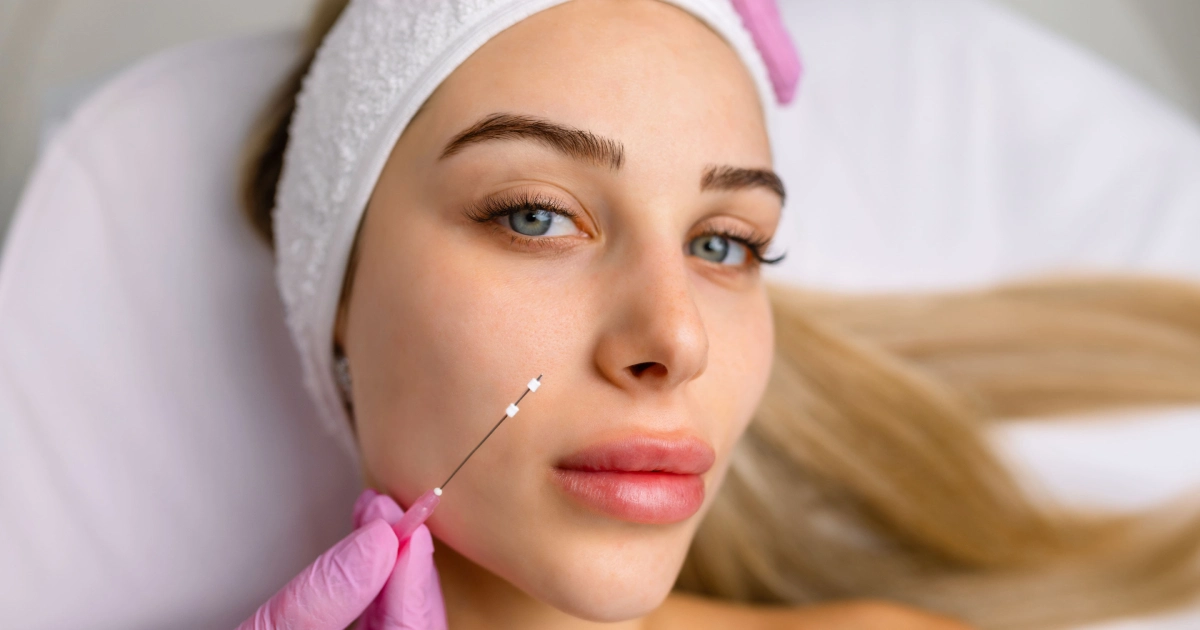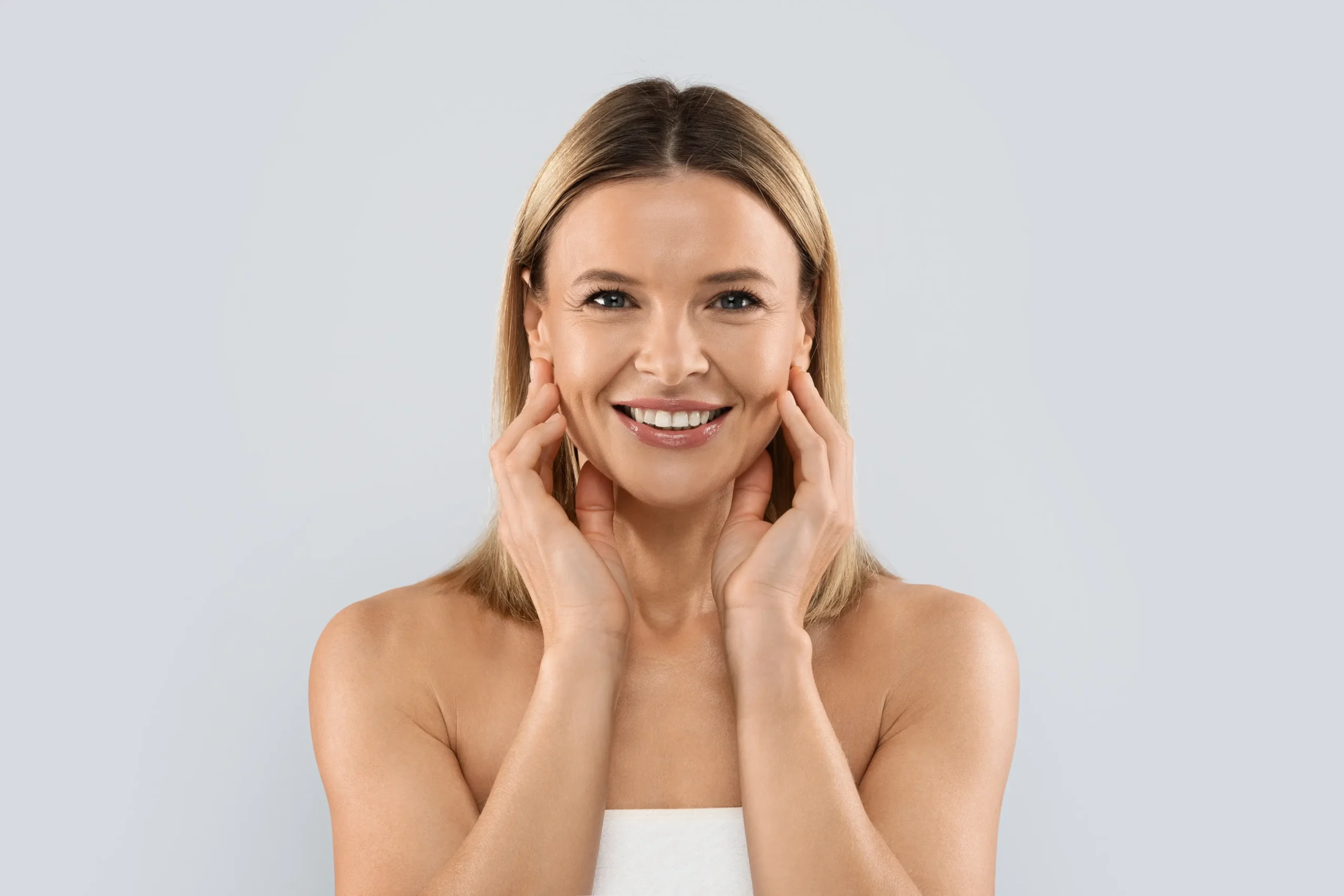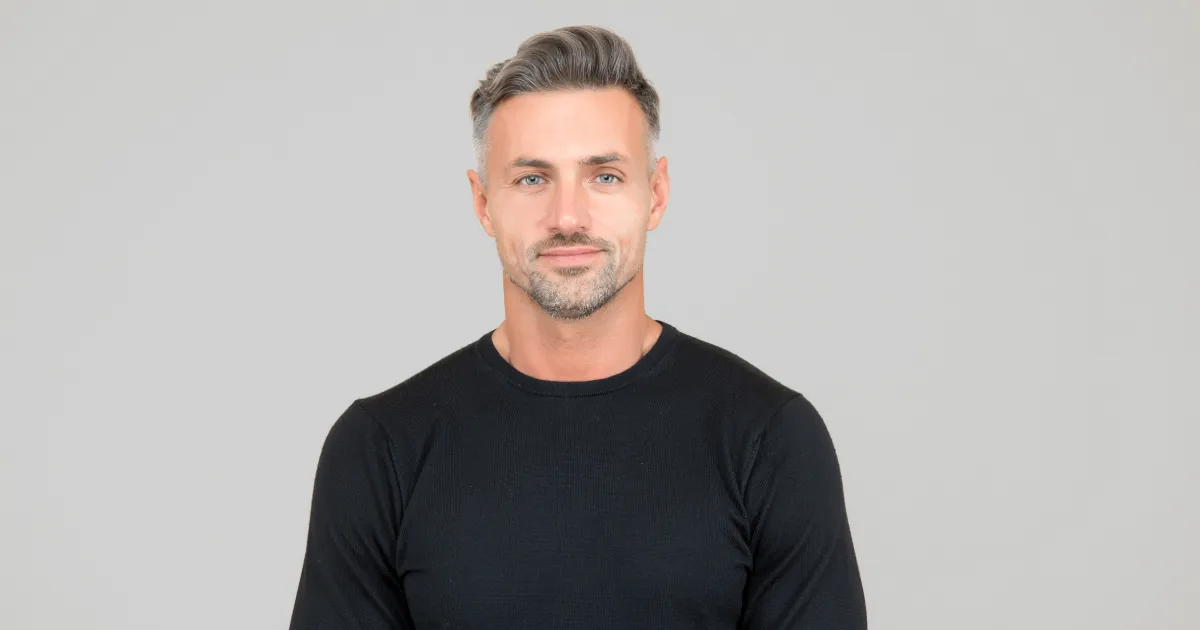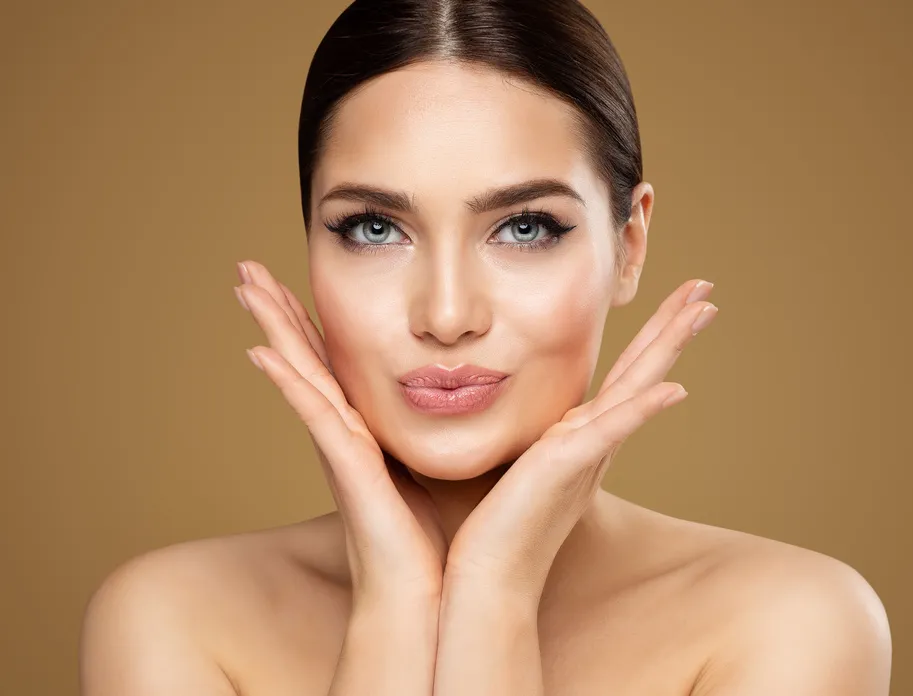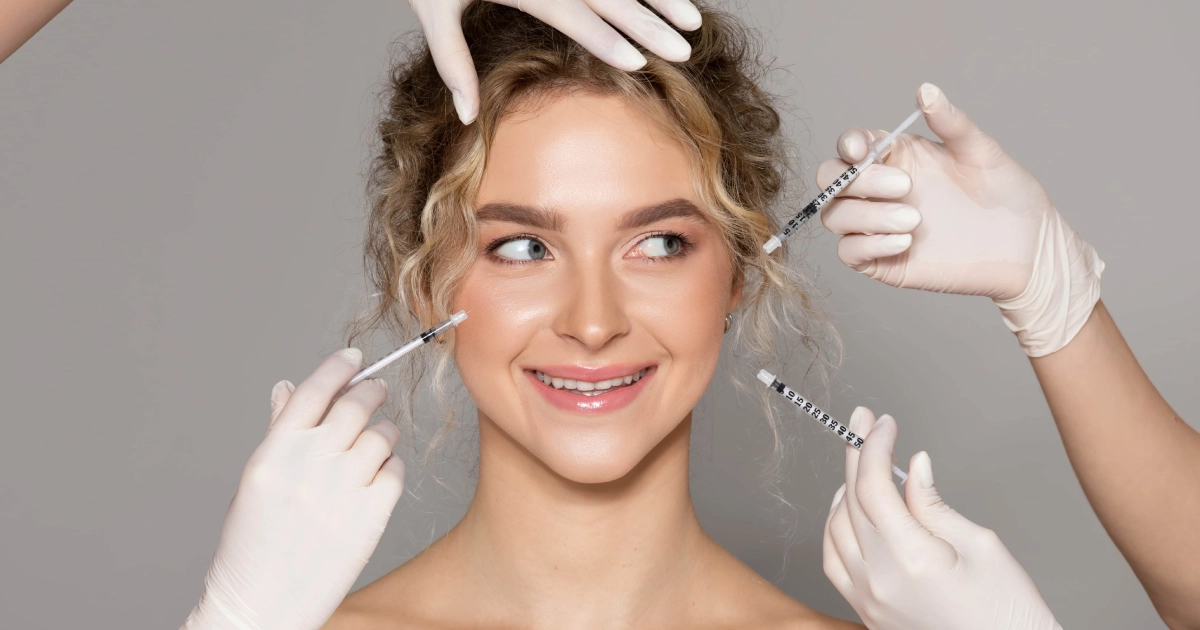Having hair loss affects not only your appearance but also affects your confidence. Hair loss is called alopecia, and about eighty million Americans have this problem. Even though anyone can suffer from hair loss, men are more likely to have it.
Each hair strand on your head has a lifespan of between three and five years. Hair follicles go through active growth, transition, and rest cycle. When the process of hair growth is disturbed, hair loss results.
This post will teach you how to solve your hair loss problem.
Find Out What Causes Your Hair Loss
We lose hair each day, around fifty to one hundred strands of hair, but we don’t usually mind the loss because other ones grow in their place. If your scalp doesn’t produce new hair, you have an alopecia (hair loss) problem. It’s not only occurring on your scalp but also all over your entire body.
Hair problems can be temporary or permanent.
The most known common reasons for hair loss are aging and heredity. Here are some details about the causes of hair loss:
Heredity
Hair loss due to heredity becomes prominent as we age. Men experience a receding hairline and bald spots, while women experience thinning hair at the top of the head. This condition is called androgenic alopecia – more commonly recognized as male-pattern baldness or female-pattern baldness. It typically happens gradually, and the patterns are expected.
Hairstyles and Products
Cornrows and well-known pigtails are hairstyles that can be the reason for your hair loss. These styles pull the hair so tight that they damage your hair. This type of hair loss is called traction alopecia and is caused by pulling the hair time after time.
Stress
Many people notice general hair thinning several months following a traumatic event, whether physical or emotional—temporary hair loss results from this type.
Your body will recover, and the excessive shedding will cease if the stress subsides. Most people notice their hair regaining its original fullness within 6 to 9 months after the shedding ends.
Medications and Drugs
Some medications, including those for cancer, arthritis, depression, heart issues, gout, and high blood pressure, can cause hair loss as a side effect.
Radiation Therapy
Suppose the radiation therapy is in the head; it’s possible the hair won’t regrow in the same way in that area.
Lack of Protein
Your hair growth will be affected if you don’t consume enough protein daily. Your body requires you to get forty to sixty grams of protein daily.
You can obtain protein by eating legumes and beans, eggs, or Greek yogurt. A protein drink also helps you supply the protein you need.
Lack of Vitamins or Minerals
Your hair development may be impacted by several vitamins and minerals, including zinc, iron, and vitamins A, B, C, D, and E. Saw palmetto, calcium, and selenium also affect your hair growth.
Lacking vitamin D is a known link to alopecia. This nutrient is essential. Aside from helping to create new hair follicles, it stimulates cell growth and boosts your immune system.
How To Prevent and Stop Hair Loss
Baldness caused by genetics is not preventable.
Some varieties, such as cicatricial alopecia, are permanent, although others that may be brought on by stress or a health issue are impermanent. Once the root of the problem has been found and treated, your hair should begin to regrow.
Treat Your Hair Gently
Reduce the tension on your hair caused by braids, rubber bands, and barrettes. A wide-toothed comb could help you avoid hair loss. Use a detangler if needed, especially if your hair is wet.
Refrain from using hairstyles that pull on the hair. Although flexible, hair can only be stretched so much before the damage becomes permanent. The bond between your hair and scalp can weaken over time if you wear your hair in ponytails, cornrows, or other tight braids.
Also, use low heat when styling your hair. The hair will get damaged if the moisture in your hair shaft expands. You can cause that problem by continually using curling irons, hair dryers, and hair straighteners.
Use a shampoo that is suitable for your hair.
Avoid Too Much Sunlight
Avoid exposing your hair to UV rays from the sun and other sources. UV rays are proven to damage cells, including hair proteins.
Don’t Smoke
There’s a study that smoking correlates with men’s baldness. Smoking tobacco is known to damage hair follicles.
Use a Cooling Cap for Chemotherapy
Ask your doctor about a cooling cap if you are receiving chemotherapy. Using this cap during chemotherapy will lessen your risk of hair loss.
Other Solutions
It’s vital to consult a doctor and get diagnosed because the best course of action for you will depend on the underlying reason for your hair loss.
There are effective treatments for some types of hair loss. You might be able to prevent or at least halt hair loss. In some cases, such as alopecia areata, when there is patchy hair loss, hair may recover on its own in a year.
There are medical and surgical options for treating hair loss.
Low-level Laser Light
This latest method of promoting hair growth has the FDA’s approval.
However, low-level laser light therapy equipment, including wands and helmets, can require a significant amount of time and be quite expensive, with choices costing anywhere between $200 and $1,000. But this treatment initiates the hair-growing process and minimizes skin inflammation.
It’s effective for hereditary hair loss for both men and women. A study shows that hair density improves after having a low-level laser device treatment.
PRP
Using prp for hair regeneration has been shown to have practical effects in clinical research. The patients looked to have more keratin-producing cells, new hair follicles, and thicker epidermis two weeks after their therapy. Clinicians found that by boosting the blood flow within the hair follicles, this technique encourages natural hair development and enhances hair count and thickness.
Book for Solution
At KOR Aesthetics, we offer effective treatments for hair loss. You can visit us at 200 Spring Ridge Drive, Ste 102, Wyomissing, PA 19610. You can also text us at this number 484-666-5586 or send an email at hello@restorewithkor.com for more information and easy booking.





